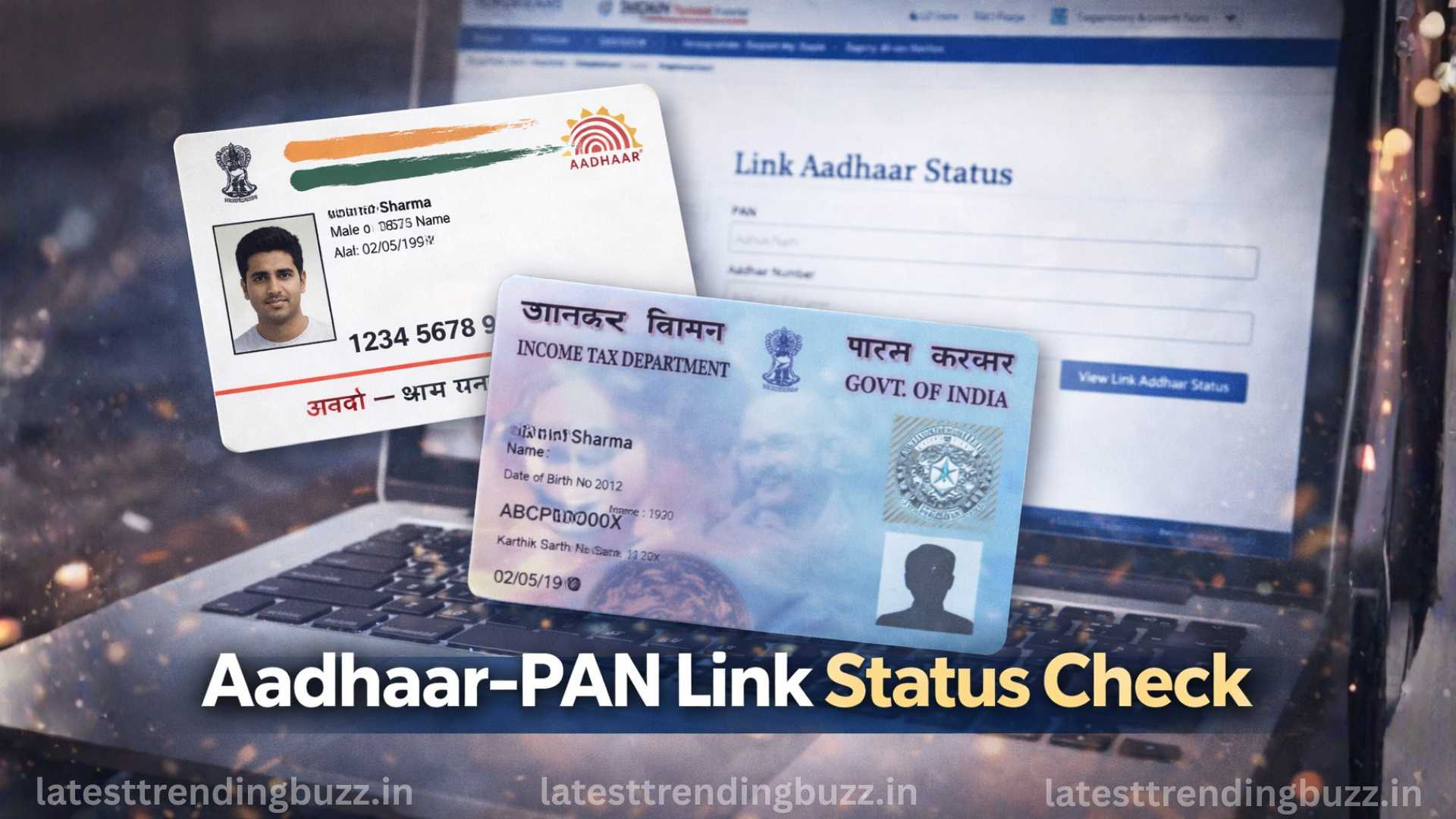A few years ago, the phrase When AI Becomes Your Therapist might’ve sounded like something out of a sci-fi movie. But today, that movie is real life.
We’re talking about machines that listen, empathize, and advise. Artificial Intelligence — once trained for logic and computation — now enters one of the most human spaces of all: emotional healing.
The question isn’t whether it can talk — it’s whether it can care.
When AI Becomes Your Therapist, it opens a fascinating debate: Can code understand pain? Can empathy be programmed? And more importantly — can machines truly help us heal?
What Exactly Is AI Therapy?
AI therapy is a digital form of counseling powered by algorithms that simulate emotional understanding.
When AI Becomes Your Therapist, it doesn’t just provide responses — it observes your mood, tone, and language patterns to mirror real human empathy.
Apps like Wysa (developed in India), Woebot, and Replika use conversational AI to guide users through mental health challenges. They analyze your words to detect emotional states like sadness, stress, or anxiety and respond with cognitive behavioral therapy (CBT) techniques — all without judgment.
These platforms represent the first steps into a world where therapy isn’t bound by time zones, cost, or stigma.
How Emotional AI Works
So how does it really work When AI Becomes Your Therapist?
- Emotion Recognition: The system decodes your tone, choice of words, and pauses.
- Data Mapping: It connects your current emotions to psychological models.
- Response Generation: AI replies empathetically, often drawing from thousands of verified therapeutic responses.
- Long-Term Learning: Over time, the AI “remembers” emotional triggers and tailors its approach.
Essentially, the machine learns your emotional fingerprint. It’s digital empathy — measured, consistent, and always available.
The Benefits of AI Therapy
When AI Becomes Your Therapist, accessibility becomes its biggest win.
✅ Always Available: 24/7 support when human therapists aren’t.
✅ Affordable: Low-cost or free sessions via apps.
✅ Anonymous: No fear of judgment or social stigma.
✅ Data-Driven: Monitors emotional improvement through analytics.
✅ Multilingual: Tools like Wysa support Indian languages, bridging rural access gaps.
For India — where mental health professionals are scarce — AI could democratize therapy faster than any policy ever could.
The Science Behind Healing Machines
What happens scientifically When AI Becomes Your Therapist?
The process taps into cognitive behavioral algorithms — digital structures modeled after human psychology. These algorithms help identify distorted thinking patterns and provide rational, calm guidance.
It’s not just a chatbot. It’s therapy without bias, burnout, or barriers.
Research from 2024 by Stanford University showed that AI-guided mental health apps reduced anxiety symptoms by 32% among users who engaged daily.
So, while it may not feel like therapy in the traditional sense — it works.
Also Read: The Next Internet Revolution: When Your DNA Becomes Your Password
Real AI Therapy Platforms Changing the Game
Here’s who’s making it happen:
- Wysa (India): Uses CBT and meditation for stress relief. Endorsed by the NHS and WHO.
- Woebot: AI with a personality — uses humor and psychology in conversations.
- Replika: Focuses on friendship, self-reflection, and emotional support.
- Tess (X2AI): Helps hospitals and trauma patients through conversational AI.
When AI Becomes Your Therapist, it creates a new class of digital healers — always learning, never judging, infinitely patient.
The Emotional Illusion
But let’s get real. When AI Becomes Your Therapist, it doesn’t actually feel empathy. It simulates it.
You might feel heard — but there’s no consciousness behind those comforting words. The illusion is powerful but artificial.
Psychologists call this the “empathy mirror.” You’re projecting your own emotions onto the AI. The comfort feels genuine because you make it real.
That’s not a flaw — it’s human nature. But it does remind us that digital empathy, however advanced, is still synthetic.

The Ethics Behind AI Therapy
When AI Becomes Your Therapist, it raises deep ethical questions:
- Who owns the emotional data you share?
- Can algorithms be trusted to handle trauma responsibly?
- What if someone relies entirely on AI for emotional validation?
Ethical AI therapy must balance technology with transparency. Every user should know when they’re talking to a machine — not a human — and what happens to their private thoughts afterward.
Without strong privacy laws, emotional data could become the most exploitable currency of the future.
AI Therapy in India — A Revolution in Progress
India is quietly becoming the epicenter of the AI therapy revolution.
Platforms like Wysa and InnerHour are redefining digital counseling. They cater to India’s massive youth population dealing with stress, career anxiety, and burnout.
When AI Becomes Your Therapist in India, it breaks cultural barriers — especially for people reluctant to seek traditional therapy due to stigma or family pressure.
The impact is huge. Millions of Indians now find emotional support through AI — often for the first time in their lives.
The Human Touch Still Matters
Even with all its progress, When AI Becomes Your Therapist, one truth remains: machines can’t replace human empathy.
A real therapist understands subtle cues — body language, energy, and cultural nuance. AI can mimic empathy, but it can’t feel the weight of your story.
The best future lies in collaboration — where AI assists with early emotional support, and human therapists handle deeper, more complex care.
The Future of AI and Emotional Healing
The future looks both hopeful and challenging.
When AI Becomes Your Therapist, the technology could soon read micro-expressions, heart rate, or voice tremors to predict mental distress before it escalates.
Imagine an AI that checks in when your mood dips, guides you through breathing exercises, or alerts a real therapist if it detects emotional danger.
This is emotional intelligence at machine scale — not replacing humanity but enhancing it.
Also Read: What Happens When You Delete Social Media for 30 Days? A Real Look at the Digital Detox Craze
Could Machines One Day Heal Minds?
That’s the big question at the heart of When AI Becomes Your Therapist.
Healing isn’t just about understanding words — it’s about connection, compassion, and shared experience. While AI can replicate patterns of empathy, it lacks lived emotion.
Yet, maybe healing doesn’t always require another human. Maybe, for some, the simple act of being heard — even by a machine — is enough to begin the process.
That, in itself, is revolutionary.
FAQs
Q1. Is AI therapy really effective?
Yes, studies show noticeable improvements in mood and anxiety through consistent AI interaction.
Q2. Can AI replace human therapists?
No, it supplements them. When AI Becomes Your Therapist, it enhances accessibility, not replaces empathy.
Q3. Is AI therapy safe?
Most certified apps follow global data privacy laws, but users should always read terms before sharing personal details.
Q4. How common is AI therapy in India?
Rapidly growing — Indian platforms like Wysa have millions of active users worldwide.
Q5. Will AI therapy ever understand real emotions?
AI can analyze emotions, but true understanding — rooted in experience — remains uniquely human.
Disclaimer
This article, When AI Becomes Your Therapist, is for educational and informational purposes only. It does not substitute professional mental health care or counseling. Always seek help from licensed therapists for serious emotional or psychological concerns.














